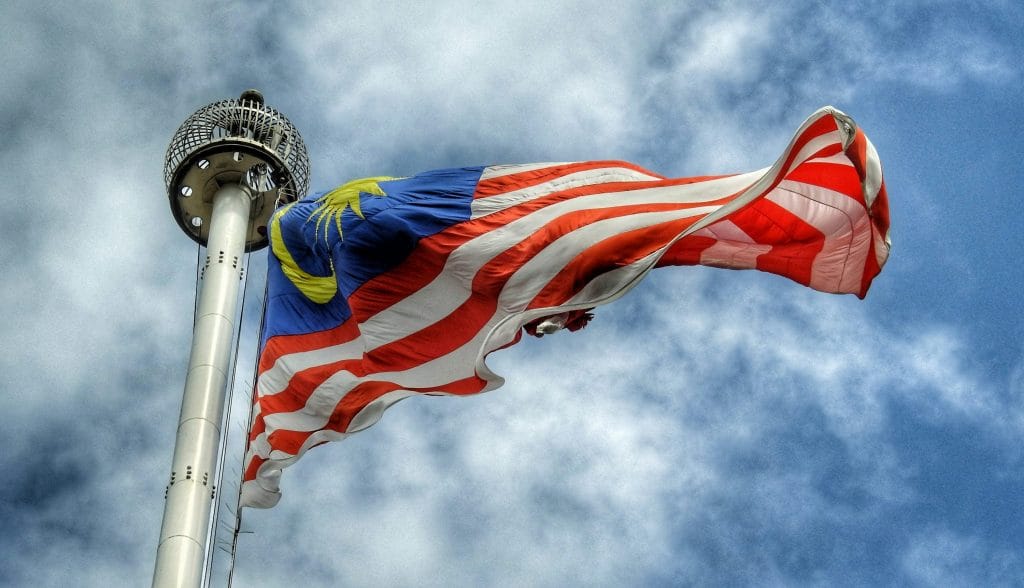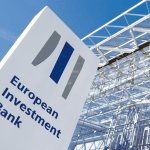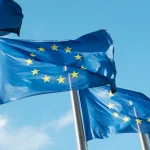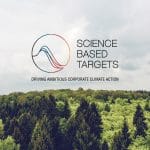Malaysia’s Rubber Industry Moves to Implement Net Zero Transition Framework

• Malaysian Rubber Council (MRC) and Malaysian Green Technology and Climate Change Corporation (MGTC) sign MoU to operationalize sector-wide decarbonization.
• Partnership will introduce GHG capacity building, emissions tracking tools, and industry benchmarking to align with Malaysia’s 2050 net zero target.
• Supports Malaysia’s National Industrial Master Plan 2030 and National Agricommodity Policy to position the rubber sector as a global leader in sustainable production.
Malaysia Advances Rubber Sector’s Low-Carbon Transformation
The Malaysian Rubber Council (MRC) and the Malaysian Green Technology and Climate Change Corporation (MGTC) have signed a Memorandum of Understanding (MoU) to accelerate the rubber industry’s shift toward net zero emissions, moving from policy planning to concrete implementation.
The collaboration builds on the Low Carbon Transition Roadmap for Malaysian Rubber and Rubber Product Manufacturers — a framework jointly developed by MRC and MGTC that sets out decarbonization pathways and operational guidelines for manufacturers. The roadmap is part of Malaysia’s broader push to strengthen its green industrial base under the National Industrial Master Plan 2030 (NIMP 2030).
From Roadmap to Real-World Implementation
Under the new partnership, MRC and MGTC will roll out structured greenhouse gas (GHG) management and capacity-building programs across the rubber value chain. The initiative includes developing an industry-specific emissions tracking and calculation tool, designed to help manufacturers quantify, manage, and reduce their carbon footprint.
Sectoral benchmarking will also be conducted to evaluate readiness levels among companies and identify priority areas for improvement. MRC said more than 50 of its member firms have already joined early-stage GHG management programs, indicating growing private-sector engagement in the transition.
“These measures will strengthen the sector’s technical capacity to meet global sustainability standards while maintaining competitiveness,” the MRC noted in its announcement.
Aligning Industrial Policy with Climate Commitments
Malaysia’s rubber sector, which contributes significantly to national exports and employment, is under increasing pressure to decarbonize amid shifting trade requirements and investor expectations. The partnership directly supports the government’s target to achieve net zero greenhouse gas emissions by 2050, aligning with the country’s commitments under the Paris Agreement.
It also complements the Ministry of Plantation and Commodities’ goals under the National Agricommodity Policy 2021–2030 (DAKN 2021–2030), which calls for Malaysian rubber to be globally recognized as a responsibly sourced commodity.
RELATED ARTICLE: Malaysia Raises $970 Million in Green Islamic Bond Sale
“The transition toward low-carbon production is both an environmental necessity and an economic opportunity,” said an MGTC spokesperson, highlighting that decarbonization is now integral to Malaysia’s industrial competitiveness and export resilience.
Industry Readiness and Global Relevance
While Malaysia remains one of the world’s leading producers of natural rubber and rubber products, the sector faces a dual challenge: maintaining production efficiency while reducing emissions from energy-intensive manufacturing.
The MRC–MGTC partnership aims to address this by embedding climate-related risk management and emissions reporting capabilities within local manufacturers. These capabilities will be essential as global buyers and financiers increasingly factor carbon performance into procurement and lending decisions.
Analysts say the initiative could position Malaysia as a regional benchmark for commodity-sector decarbonization if implementation succeeds. The roadmap’s emphasis on measurable outcomes — such as verifiable emissions reduction metrics and training participation — mirrors trends in other export-driven industries transitioning toward low-carbon certification standards.
Toward a Future-Ready Rubber Sector
The collaboration represents a shift in Malaysia’s approach from high-level sustainability pledges to industry-level accountability and measurement. It demonstrates how state-linked agencies are aligning industrial and environmental policy to support long-term growth within global ESG frameworks.
As implementation begins, the focus will likely move toward scaling participation, integrating renewable energy solutions into production, and expanding data-driven emissions tracking across supply chains.
For investors and corporates, the partnership provides an early indicator of how Malaysia intends to operationalize its net zero commitments within key export sectors — linking policy ambition with measurable climate performance.
If successful, the initiative could serve as a model for other commodity-based economies navigating the same challenge: decarbonizing legacy industries without sacrificing economic competitiveness.
Follow ESG News on LinkedIn










